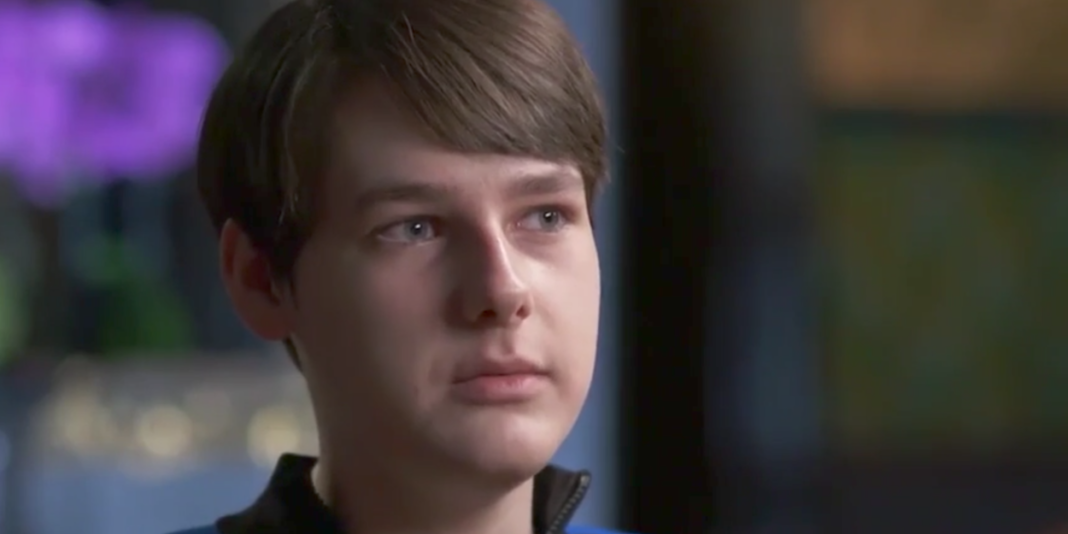From a young age Patrick identified more with girls, enjoyed dressing up in girls clothing, baking and doing gymnastics. When a friend introduced him to the term ‘transgender’ he began reading up on the subject and was convinced that he was supposed to be a girl. He became obsessed with finding out about different treatments that would stop his body from naturally developing the way a boy’s body would, and make him more like a girl.
His desperate mother trying to understand her confused child, who was being bullied at school and was on the verge of depression took him to see a ‘professional’ who diagnosed him with gender dysphoria. Patrick was 12 years old. In Australia, a child has to be 16 and have court approval before they can begin hormone replacement therapy but as Patrick convinced his mother that he was tormented by the thought of becoming a boy, she started giving him her own estrogen tablets.
Two years later, you wouldn’t have been wrong to think the 14 year old you were looking at was a girl. Long hair, soft facial features, and breasts were just a few of the giveaways. But as Patrick’s body began to change, and his teachers started referring to him as a girl, he started to have second thoughts. Had he made the right decision?
It was then that he says he started to feel more comfortable as a boy. “Every day I just felt better.” He cut his hair, started dressing like a boy and will have to undergo surgery to have his breasts reduced after 2 years of DIY hormone therapy.
Pediatrician John Whitehall joined other professionals who have warned against diagnosing minors and then attempting to treat them as if they were transgender. He explained that it is not uncommon for children to be confused about their gender, but they grow out of it. By meddling in this normal phase, he gives a strong warning: “Don’t mess them up!”
Due to growing public awareness, more and more people are being labeled with gender dysphoria, a disturbing trend, especially among children and teenagers.
Patrick’s case will certainly not to be the only one.
Louise Carter










